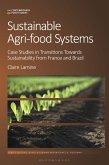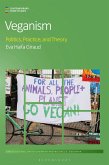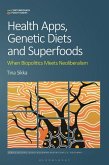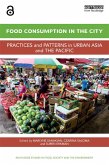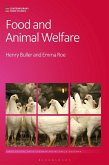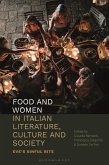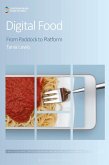Beth A. Dixon explores how food justice impacts on human lives. Stories and reports in national media feature on the one hand hunger, famine and food scarcity, and on the other, rising rates of morbid obesity and health issues. Other stories-food justice narratives-illustrate how to correct the ethical damage created by the first type of story. They detail the nature of oppression and structural injustice, and show how these conditions constrain choices, truncate moral agency, and limit opportunities to live well.
With stories from national media, food and farming memoirs, and scholarly ethnographies, Dixon reveals how different food narratives are constructed, and enable identification of just solutions to issues surrounding food insecurity, farm labor, and the lived experience of obesity. Drawing on Aristotle's concept of ethical perception, Dixon demonstrates how we can use narratives to enhance our understanding and ethical competence about injustice in relation to food.
Food Justice and Narrative Ethics is a must-read for students of food studies, philosophy, and media studies.
With stories from national media, food and farming memoirs, and scholarly ethnographies, Dixon reveals how different food narratives are constructed, and enable identification of just solutions to issues surrounding food insecurity, farm labor, and the lived experience of obesity. Drawing on Aristotle's concept of ethical perception, Dixon demonstrates how we can use narratives to enhance our understanding and ethical competence about injustice in relation to food.
Food Justice and Narrative Ethics is a must-read for students of food studies, philosophy, and media studies.



